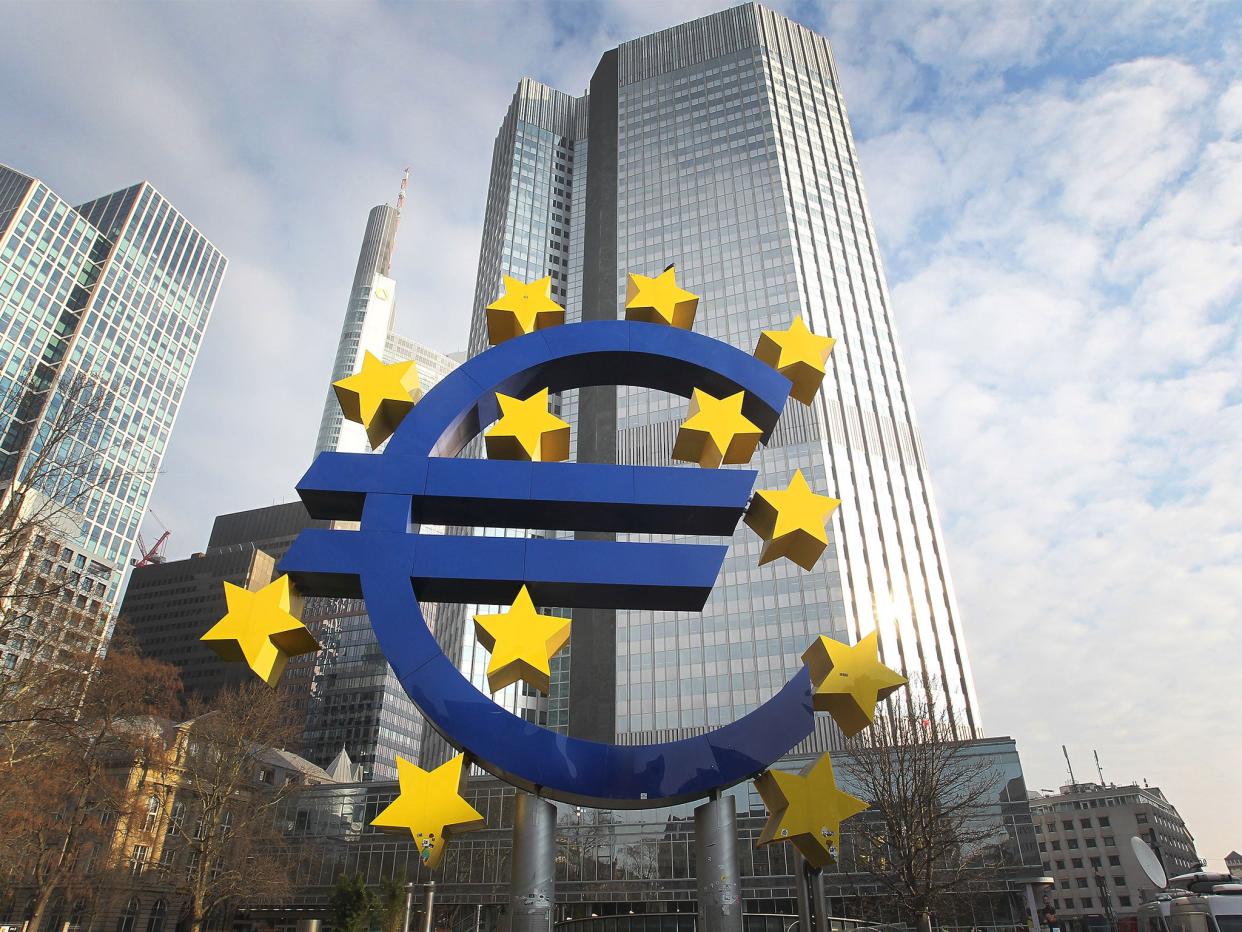EU draws up plans for €100bn investment fund to compete with US and China

The EU is considering plans for a €100bn investment fund to finance European "industrial champions" and compete with multinational companies.
The proposals for the sovereign wealth fund, reported by the Financial Times, would herald a move towards a more active industrial policy by the bloc
The so-called European Future Fund would be financed by member states and target its investments into strategic sectors where the EU lagged behind its rivals.
EU civil servants are reported by to have drawn up the policy and presented it to incoming Commission president Ursula von der Leyen.
Economic interventions by the EU are currently mostly aimed at improving competition, or improving the competitiveness at member states with investments in areas like infrastructure.
The existing European Investment Bank also provides finance, but its remit is relatively limited to European integration and economic development.
Calls from some member states for the EU to take a more active approach and develop European champions have intensified of late.
The recent decision by the European Commission to to block the merger of French and German train manufacturers Alstom and Siemens was criticised by those countries' governments on this basis.
A policy document seen by the newspaper warns that non-EU companies “with unprecedented financial means [have] the potential to obliterate the existing innovation dynamic and industrial position of EU industry in certain sectors”.
“Europe has no such companies,’’ the document argues. “This presents a risk to growth, jobs, and to Europe’s influence in key strategic sectors”.
If such a plan sees the light of day it would be divisive among member states: who are split between those who favour and oppose intervention.
France and Germany tend to be more supportive of intervention, while the government of the Netherlands tends to take a more passive role.
Read more
How is UK tech bucking the trend of slumping foreign investment?
UK economy falling behind global competitors as investment stalls

 Yahoo News
Yahoo News 